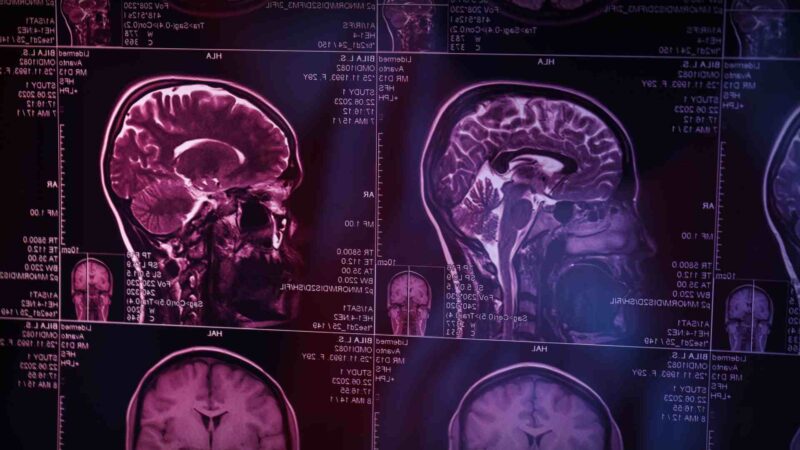RESEARCHER PROFILE
Associate Professor Tasha Stanton, (Filmed May 2024)
Associate Professor of Clinical Pain Neuroscience
SAHMRI (South Australian Health and Medical Research Institute) & University of South Australia, Adelaide, South Australia
Associate Professor Tasha Stanton leads the Persistent Pain Research Group at SAHMRI. She is also co-Director of IIMPACT in Health at the University of South Australia, Adelaide. She is a clinical pain neuroscientist, with original training as a physiotherapist, and her research focusses on pain – why do we have it and why doesn’t it go away? She has received over $7.3m in competitive research funding, including fellowships from the Canadian Institute for Health Research and the National Health & Medical Research Council (Early Career Fellowship, Career Development Fellowship), has published >110 peer-reviewed journal articles, and she has been a keynote/invited speaker at >100 national and international conferences. Her research has won both national and international awards, including the World Congress of Pain Ronald Dubner Research Prize, the Australian Pain Society Rising Star Award and the Australian Physiotherapy Association Best New Investigator Award.
Her research explores the sensory and cognitive contributors to pain and spans discovery to clinical implementation. That is, her work aims to better understand how the experience of pain is created and to use this knowledge to develop and test novel brain-based treatments for pain. She investigates the sensory contributors (and neural underpinnings) of pain in a unique way – by manipulating our sense of reality. Using mediated and virtual reality, her work explores the contribution of multisensory input to the experience of pain and to the experiences of (and engagement in) effortful treatments such as exercise. She is also interested in the role that pain science education – specifically shifting how an individual conceptualises and understands pain – plays in recovery from chronic pain, with a focus on knee osteoarthritis. She has authored a book (EPIPHAKNEE) that provides contemporary pain science knowledge about osteoarthritis and its treatment for both people with osteoarthritis and their treating clinicians.
Tasha holds active roles in knowledge dissemination, science communication, and media engagement. She was recognised as one of Australia’s Top 5 under 40 Science Communicators (ABC Radio National and UNSW) and was the SA Tall Poppy of the Year in 2015. She is the founder of the Brain Bus – a mobile experiential lab that promotes knowledge transfer via real-world experiences. Through Pain Revolution (educational tour) – The Brain Bus has reached >5k people in rural and regional Australia. She has been featured on ABC’s Weekender, All in the Mind, Health Report, Catalyst, and Conversations with Sarah Kanowski.
You Might also like
-
Next-generation NK cell-based immunotherapies for hard-to-treat cancers
Associate Professor Fernando Guimaraes is an internationally recognised leader in cancer immunotherapy and natural killer (NK) cell biology. Based at The University of Queensland, he leads innovative research focused on developing next-generation NK cell-based immunotherapies for hard-to-treat cancers, including sarcomas and neuroblastoma.
-
Cellular mechanisms of traumatic brain injury & concussion
Professor Melinda Fitzgerald is Deputy Vice Chancellor, Research at Curtin University, John Curtin Distinguished Professor and CEO of Connectivity Traumatic Brain Injury Australia.
She has published over 135 papers; recent highlights include Lancet Neurology, J Neuroscience, Nature Nano, ACS Nano, Biomaterials. Currently held grants/Projects total $10.1 million; CIA for $5.2 million of these; $18.5 million total research and equipment funding, $9.9 million as CIA; continuous category 1 grant funding as CIA since 2009.
-
Behavioural science in cancer screening, control and communication
Dr Dodd has an established international reputation as a behavioural scientist in cancer control and communication. Since completing her PhD in 2016, Dr Dodd has been awarded a three-year University of Sydney Postdoctoral Research Fellowship (2018-2021) and a three-year Research Fellowship at The Daffodil Centre (current). Dr Dodd is the co-chair of the ‘Strengthening and optimising approaches to cancer prevention, screening, and early detection’ hub at The Daffodil Centre (with more than 130 staff and students).



